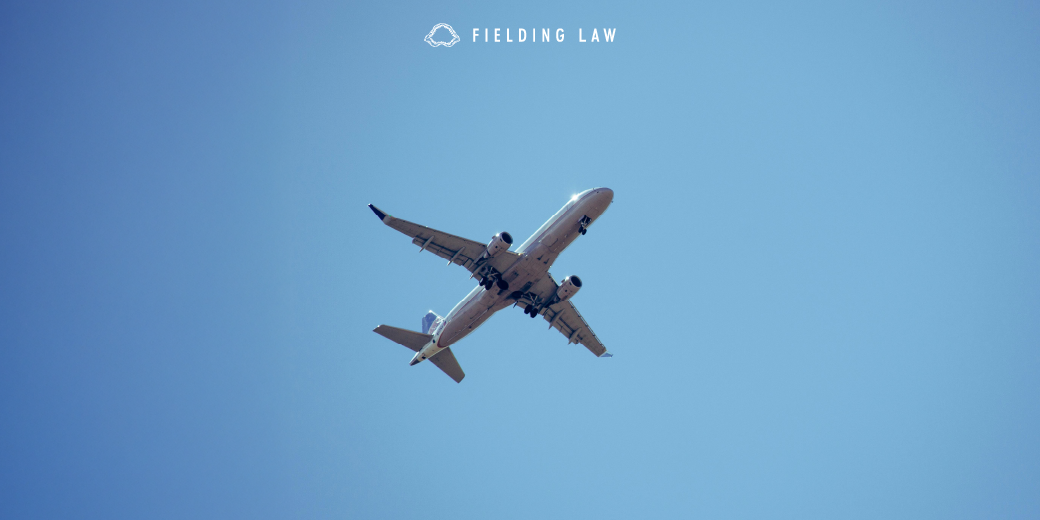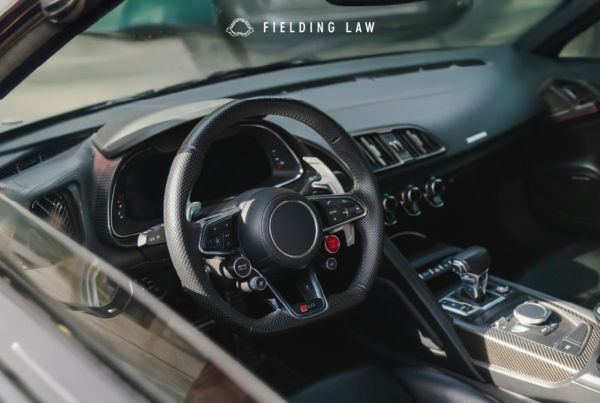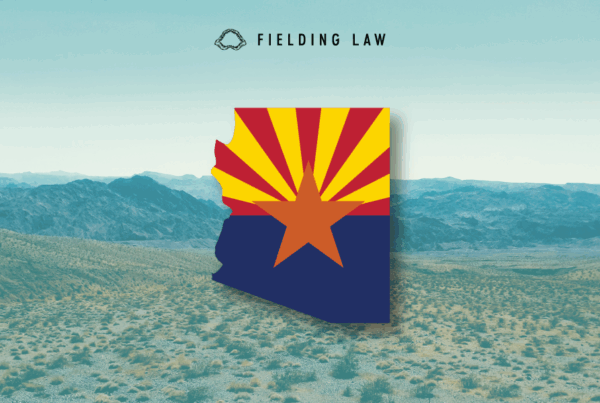When a plane crashes into a building, the devastation is overwhelming. Victims and their families are left grappling with loss, medical bills, and countless questions. Determining who is responsible for plane crash liability can be complex, but doing so is essential to securing compensation and justice.
Who Can Be Held Liable?
Liability in a plane crash depends on the circumstances. Several parties could be responsible:
- The Pilot: Pilot error is a leading cause of aviation accidents. If the pilot’s negligence, such as inexperience or impaired judgment, caused the crash, they may be held liable.
- The Airline: If the pilot was employed by an airline, the company could be held responsible for improper training, inadequate maintenance, or scheduling errors that led to fatigue.
- Aircraft Manufacturer: A design flaw or manufacturing defect in the plane could make the manufacturer liable, contributing to the plane crash liability.
- Building Owner: In rare cases, liability could extend to the building owner if structural issues exacerbated the damage or contributed to injuries.
- Air Traffic Controllers: Mistakes by air traffic control, such as miscommunication or improper instructions, could be a contributing factor to plane crash liability.
Who Can File a Claim?
Several parties may be eligible to file a claim after a plane crash:
- Injured Individuals: Survivors of the crash who sustained injuries can seek compensation for medical bills, lost wages, and pain and suffering.
- Family Members of Victims: Families of those who lost their lives may file wrongful death claims to cover funeral costs, loss of income, and emotional distress.
- Property Owners: If the crash caused damage to a building or property, the owner may seek compensation for repairs and associated losses.
- Business Owners: Businesses affected by the crash, such as through property damage or lost income, may also have a claim.
Steps to File a Claim
If you or a loved one were affected by a plane crash, acting quickly is critical. Here are the steps:
- Document Evidence: Collect photos, videos, and any official reports related to the crash.
- Seek Medical Attention: Ensure all injuries are properly documented and treated.
- File a Claim: Depending on the liable party, this could involve insurance claims, lawsuits, or both.
- Consult an Attorney: Aviation laws and plane crash liability are complex, and navigating them without legal help can jeopardize your claim.
Why Hire an Attorney Immediately
Hiring an experienced attorney, like those at Fielding Law, is vital for protecting your rights. Aviation accident cases and plane crash liability require:
- In-depth Investigation: An attorney will gather and analyze evidence to determine liability.
- Negotiation Expertise: Insurance companies often undervalue claims. A skilled lawyer will fight for fair compensation.
- Compliance with Deadlines: Aviation cases involve strict legal deadlines. Missing one could forfeit your claim.
Why Choose Fielding Law?
At Fielding Law, we are committed to helping victims of negligence. Our team is caring, kind, and empathetic while maintaining the capability to fight for your rights. We understand the challenges you face and will work tirelessly to achieve justice.
Call 833.88.SHARK today for a free consultation and let us help you navigate this difficult time.
Note: Information provided is for educational purposes and does not constitute legal advice. Always consult with a qualified attorney for legal concerns.





